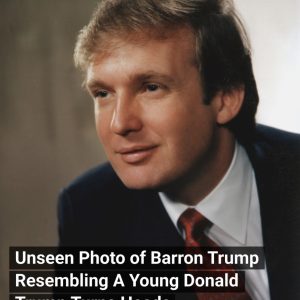
Sitting in the familiar leather chair of my psychologist’s office, I laid bare my struggles with fidelity, admitting the guilt that lingered over my choices. I expected judgment or a stern lecture on morality, but instead, he leaned forward, his tone soft and reassuring. “There’s nothing wrong with you,” he said. “Your actions reflect a deep capacity to love. Some people simply aren’t wired to confine their love to one person.”
His words felt like a lifeline, freeing me from the shame I had carried for so long. For the first time, I felt understood, seen in a way I hadn’t experienced before. Then, he surprised me. “Perhaps we could explore this connection,” he said, his voice measured yet suggestive. “I’d like to date you.”
The idea was intoxicating. Here was someone who not only understood me but embraced me for who I was. Flattered and caught in the moment, I agreed without hesitation. What happened next felt surreal. He moved closer, his touch gentle but deliberate, and suddenly, the boundaries of our professional relationship dissolved. The office, once a safe space for reflection, transformed into a stage for something far more intimate.
In the heat of the moment, it felt right—natural, even. But as I walked out of his office that day, a wave of uncertainty washed over me. Was he truly helping me embrace my nature, or had he used my vulnerability to fulfill his own desires? The line between care and exploitation blurred, leaving me questioning the authenticity of his words.
Am I truly just a deeply loving person, as he said? Or have I been deceived by someone who knew exactly how to manipulate my need for validation? The answers elude me, tangled in a web of doubt and desire.




